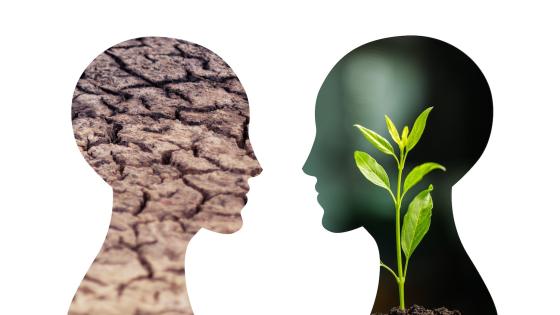DP15680 The Effect of Nature's Wealth on Economic Development: Evidence from Wildlife
Twenty percent of the world population depend on wildlife for income and food. We show how exogenous variation in the wealth of marine wildlife shapes human and economic development. For the period 1972–2018, we analyze half a million adult women and 1.5 million live births in 36 low- and middle-income countries. We document how short-run deteriorations near human settlements cause diets to be poorer in nutrients, increasing malnutrition among the most vulnerable population, pregnant women. These shocks have negative impacts on their children. When deteriorations are experienced in utero, they increase mortality, worsen physical development, and have long-lasting effects on economic well-being. Shocks operate in an unobserved way as parents do not raise health investments. Effects are larger in areas that are more dependent on marine resources and where overfishing depletes them.


